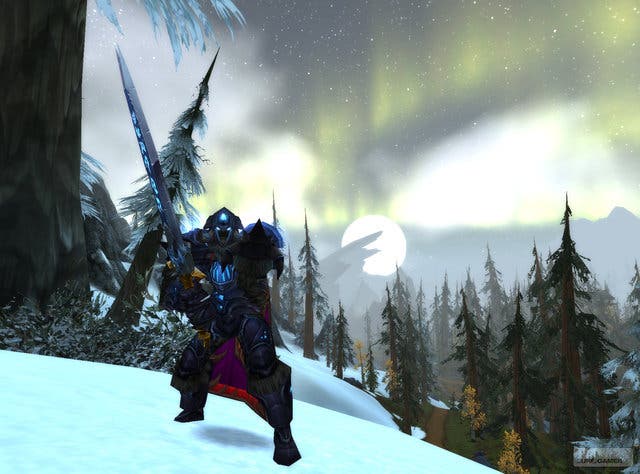Gold Trading Exposed: Introduction
The elephant in the room.
In the early days, the inventory of virtual goods which fuelled the growth of the industry came from players and guilds. Beginning around 2005, Extreme Gamer says, small companies in third world countries began "farming" virtual items professionally. "Today, they dominate the supply of virtual items. Most of them are located in the Peoples Republic of China. On the one hand, it's a really wonderful example of how the Internet allows people in developing countries to participate in modern, western markets (and make money they otherwise could not) despite language barriers, distance, import/export restrictions and other challenges. On the other hand, it's really difficult to regulate these small businesses, and dishonest business practices abound."
But there signs of another change, as we'll see in the following articles. The growth of the RMT market has increasingly been driven by game operators themselves selling goods directly to their players. According to Lehdonvirta, in September 2005, 32 per cent of titles surveyed by Nojima in Japan used virtual item sales as their main revenue model. In October 2006, the share had grown to 60 per cent.
With virtual item sales gathering strength on social media sites, too, such as Facebook, Korean social networking site Cyworld or Chinese instant messaging service Tencent QQ, Lehdonvirta says: "This suggests that virtual item sales may in some cases be able to rival advertising as the primary revenue model for mainstream online services, which represents a major shift in consumer online business."
Yet RMT still has a bad name.
Bad company
Almost all commercial game publishers forbid unlicensed gold selling and other RMT activities in their end user license agreements (EULAs). They claim to forbid it because it negatively affects gameplay (it gives players who participate in RMT an advantage over those who don't); it causes inflation in the game economy; it disrupts the game balance, and so on.
"I think these claims are spurious," argues Extreme Gamer. "I think every game player knows that there is no virtual item that can be purchased that will allow a weak player to succeed over a good and experienced player. There is no 'magic bullet' in the games."

"RMT has a bad name because of fraud, though," he admits. "It's an unregulated industry. And fraud is, unfortunately, rampant. That is why I launched WoW Gold Facts, to shine a bright light on the industry."
E.G. - as he calls himself - says it's ironic that according to contacts he has at RMT sites, efforts by game publishers to stamp out the sector had made the fraud much worse.
"It has resulted in most RMT sites spawning in hard-to-prosecute locations like China. As publishers ban more aggressively, unscrupulous suppliers make every effort to reduce their losses: by using stolen credit cards, by farming with stolen game accounts which cost them very little, by acquiring inventory through hacking game code.
"In my opinion, the industry would be better served if publishers would recognise that lots of gamers - I've heard it's 30 per cent of the player base - like the benefits of RMT, and work with credible companies and allow it to happen. I don't see why this is not possible. They could make a condition of involvement in RMT that players give them a complete release of all forms of liability."
As we'll see later in this series, at least two mainstream MMO firms have put such a toe in the water. The rest remain aggressively committed to tackling the situation, banning the spammers, hackers and bots. But what about the players. and the gold sellers themselves? We'll be hearing from them next week.
Nick Ryan is a journalist and producer, author of Homeland: Into a World of Hate (Mainstream).







